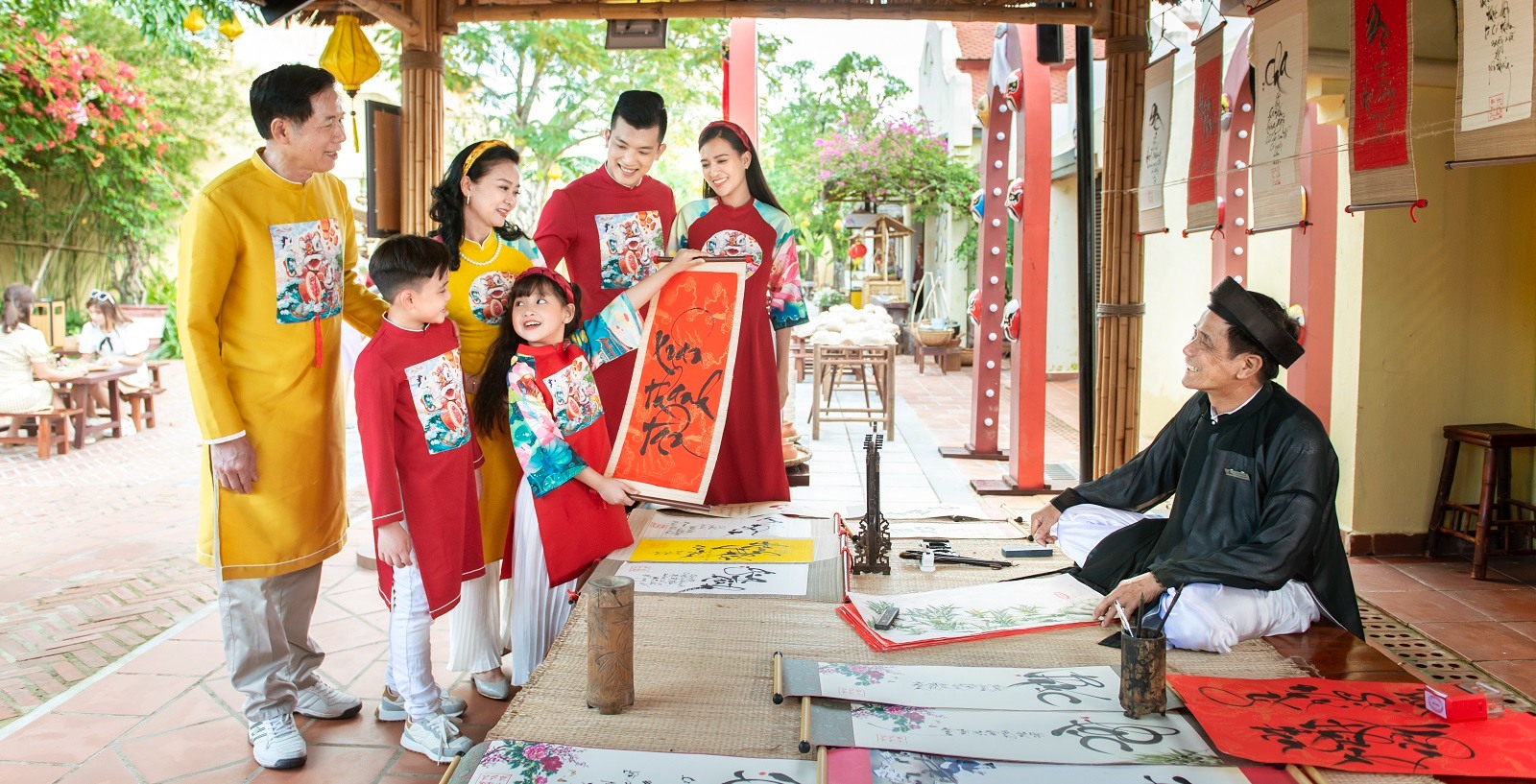
Photo: Collected
Learning about a country’s religion and culture is critical to avoid embarrassing situations. Accidentally offending the locals is everyone’s worst nightmare. Here is a comprehensive etiquette guide to give you a quick overview of Vietnamese culture and customs. Having background knowledge of Vietnamese customs will ensure that you have the best possible experience on your trip to Vietnam.
Vietnamese Values
Many Vietnamese people live by Confucianism, which is more of a social philosophy than a religion. It has a code of conduct that regulates relations between people. It revolves around the belief that if people are in harmony with one another, they will be in harmony with the universe. It places Vietnamese values of good name, respect, love of learning, and loyalty to the family at the forefront.
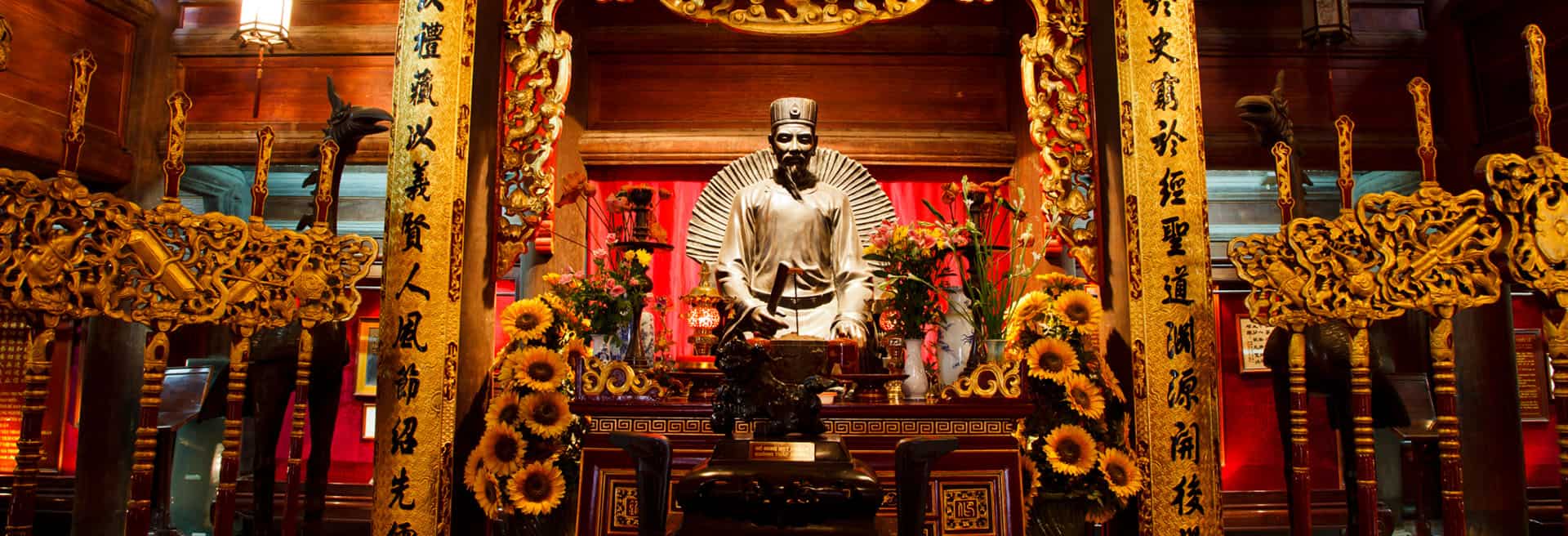
Many Vietnamese people live by Confucianism (Source: Collected)
The Vietnamese people value humility, restraint, and modesty. Avoid being boastful or showing off wealth. Public displays of affection are generally frowned upon so try to avoid touching people of the opposite sex. Dress conservatively and keep your body covered. Vietnamese culture has a great respect for the elderly. In every situation, it is best to give honor and preference to the eldest member of the group. Keep reading for information about etiquette for specific activities such as visiting a religious site, greeting locals, dining, appropriate clothing, giving gifts, and avoiding social taboos.
Faiths of Vietnam
Buddhism is the mainstream religion in Vietnam. It is widely accepted and practiced by a little over half of the population. Eleven religions are recognized in Vietnam. The next most prevalent after Buddhism are Catholicism, Cao Dai, Hoa Hao, and Protestantism. Other religions beyond these five make up only 0.1% of the population.
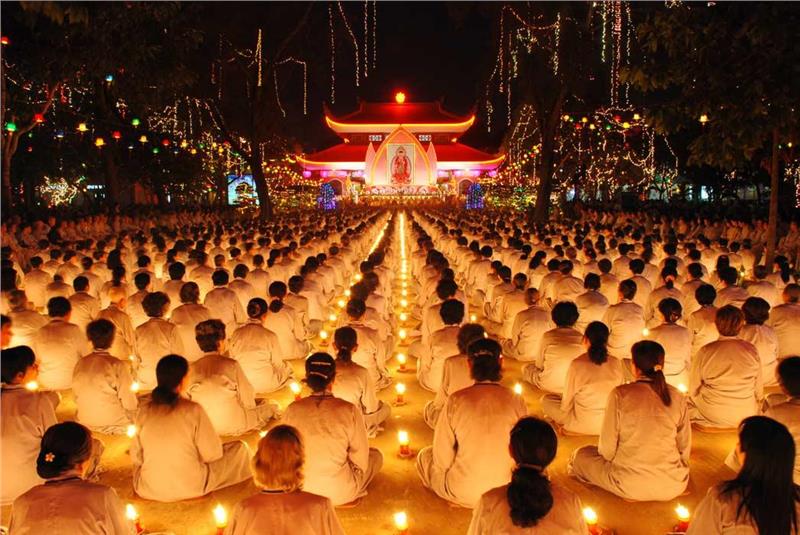
A big Buddhist religious ceremony in Vietnam (Source: Collected)
How to behave properly when visiting Vietnam
Respect for Elders and Elderly
Respect for the elderly is a staple belief in Confucianism and therefore carries weight in Vietnamese culture. The older a person is and the more experience they have, the wiser they are considered to be. Their opinions carry weight and their wisdom is treasured at home and work. Younger people are expected to respect their elders and not speak inappropriately around them. Elders are greeted first with both hands and served first at meals. Ancestors are worshiped, honored, and are an important part of many ceremonies.
Value All Food
Vietnam’s rivers, paddies, mountains and seas are deeply ingrained in the culture. Because of this, it’s rude to leave food uneaten, especially when you’re in someone’s home and they’ve cooked for you. It’s an insult to the land and the workers who made the meal possible. Try not to take more than you can eat and be sure to give out many compliments.
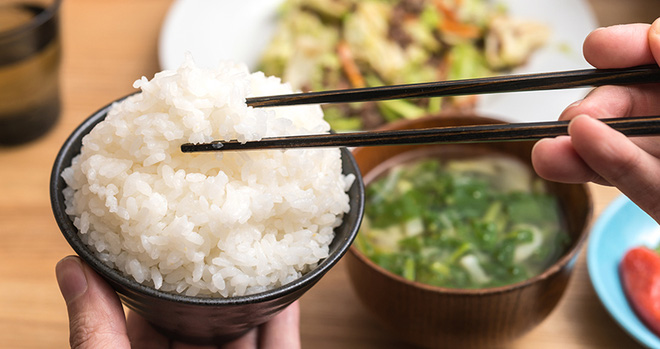
Rice is the staple dish of every Vietnamese meals (Source: Collected)
Chopsticks are the most commonly-used eating utensil in Vietnam.
Don’t hold your chopstick vertically straight up. The chopstick resembles an incense stick and could be seen as a reference to burning incense at a funeral. This is highly offensive.
No need to keep your bowl on the table. You can hold your bowl as close to your mouth as you like. This makes it easier to avoid spilling noodles.
Don’t play with your chopsticks. Avoid clicking the bowl or hitting the table with your chopsticks.
Vietnam offers a variety of unique regional dishes and foods. Do your research before, so you make sure to experience the unique flavors for the regions you are visiting.
Quiet Demeanor
The Vietnamese care immensely about how other people perceive them. It is important to them to maintain a quiet and non-confrontational demeanor. They will go to great lengths to "save face" and maintain a calm exterior. They will not engage in gestures that make them come off as aggressive or embarrassing. This is demonstrated in their voice volume and self-control. They tend to dress modestly. Clothing and jewelry are never too "loud."
Transactions are always negotiated
Shopping in Vietnam is often a battle of subtleties and strategy. Foreigners should expect an extra fee. In this case, your best weapons are your feet. Negotiate with the shopkeeper until they won’t move any more and then threaten to walk away. For most shops, a smaller profit margin beats getting nothing.
There is no tipping culture
Tipping isn’t expected in Vietnam. If you feel the service has gone above and beyond, feel free to leave a little extra – but if you do, be discrete. Hide it under a plate or behind the bill. When you make an overt show of tipping, it could make a person feel like they’re losing face – like they’re begging. Some people will just flat out refuse a tip because they think you’ve made a mistake in counting your money.
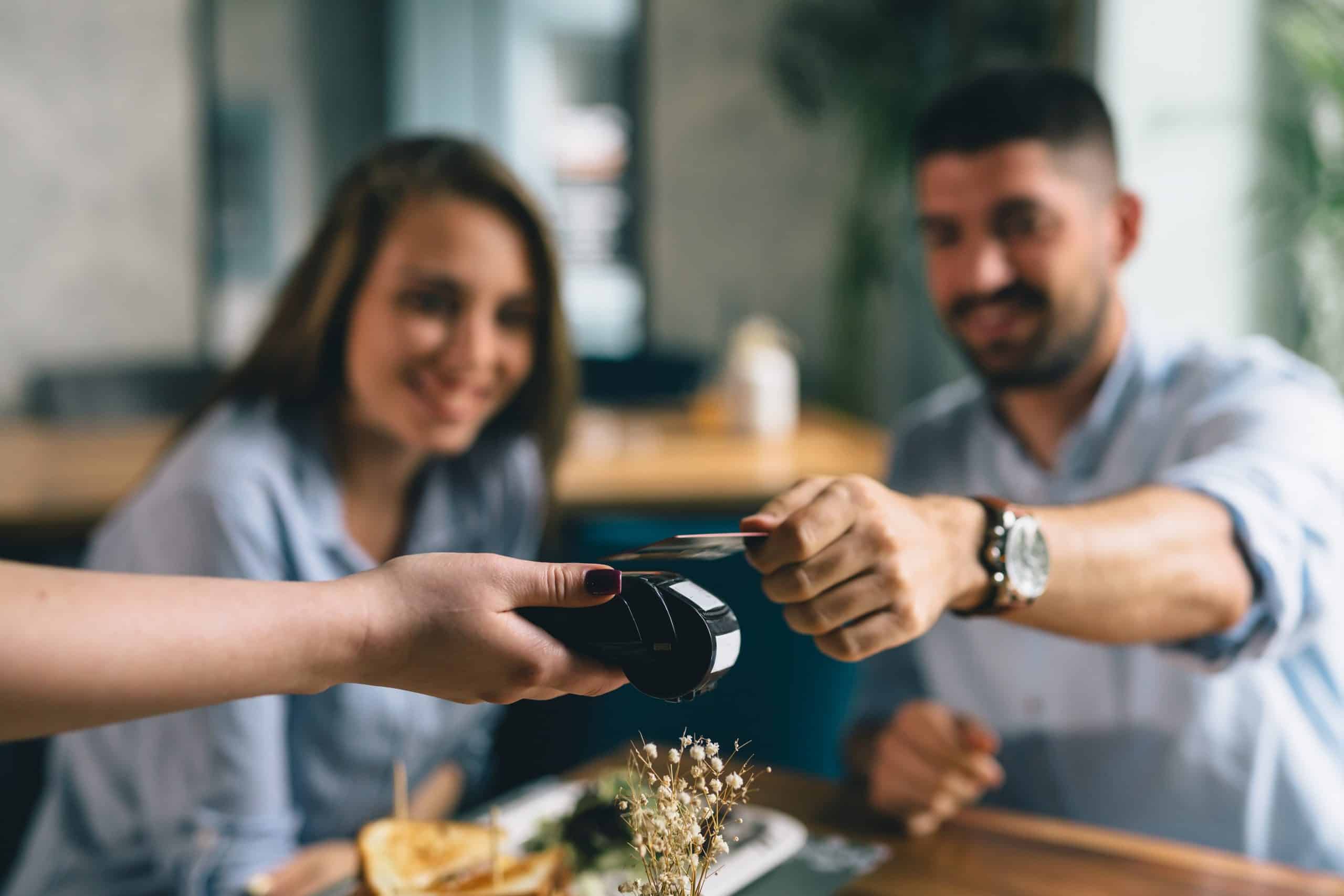
Make sure to be conscious when giving Vietnameses tips (Source: Collected)
Their war history is sacrosanct
Some people have learned this the hard way: don’t speak ill of Vietnamese war heroes or make jokes about anything related to the war. Generally speaking, Vietnamese people have a great sense of humor, but they don’t joke about the war years. Those were difficult times for everyone in this country. As a foreigner, you need to be careful with this topic and be extremely mindful when speaking about their colonial past.
*Tips for Visiting Sacred Sites:
Make sure to avoid wearing tight-fitting, overly short attire. Women should ensure that they wear a shirt with sleeves and shorts should come at least to the knee.
Remove hats when visiting a sacred site.
Ghosts are real
Many Vietnamese traditions and customs are based around their ancestral beliefs. One of the greatest fears in Vietnam is that the dead won’t find peace in the afterlife – that they’ll be left to wander as tortured spirits. Most people in Vietnam have a ghost story: from a butterfly landing on them during a funeral to strange voices at night. No matter your thoughts on the supernatural, don’t make light of ghosts or the deceased here.
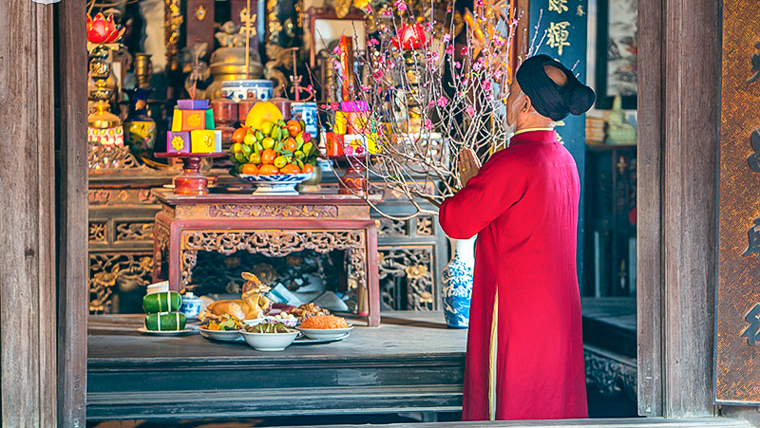
Many Vietnamese traditions and customs are based around their ancestral beliefs (Source: Collected)
Gift Giving in Vietnam
Giving a gift is a sign of respect and it is offensive to refuse a gift. If you are presented a gift, graciously accept it. If you are the recipient of a gift, do not open it in front of everyone. It is expected that you will open the gift later when you are alone.
When visiting someone’s home, it is appropriate to provide a gift wrapped in bright wrapping paper.
Common taboos in Vietnam
Control Your Temper: Losing your temper or having an angry outburst is looked down upon.
Avoid Public Touching: Public displays of affection are not seen as appropriate. Avoid hugging, holding hands, and especially kissing in public. Even touching a member of the opposite sex is looked down upon.
Modesty: It is important to keep your body covered. Avoid overly short shorts and revealing shirts. It is best to wear shorts that go to the knee and shirts that cover the shoulders, especially away from touristy areas.
Head is Sacred: The head is considered the most sacred part of the body, so do not touch anyone on the head.
Both Hands: When you need to hand something to someone, make sure to use both hands. This is seen as respectful.
No Pointing: If you need to draw attention to something, use your whole hand. Do not point using one finger, that is considered disrespectful.
Shoes Off: When entering a home, it is customary to remove your shoes as a sign of respect.
Source: Culture Trip, vietnamvisa.govt.vn